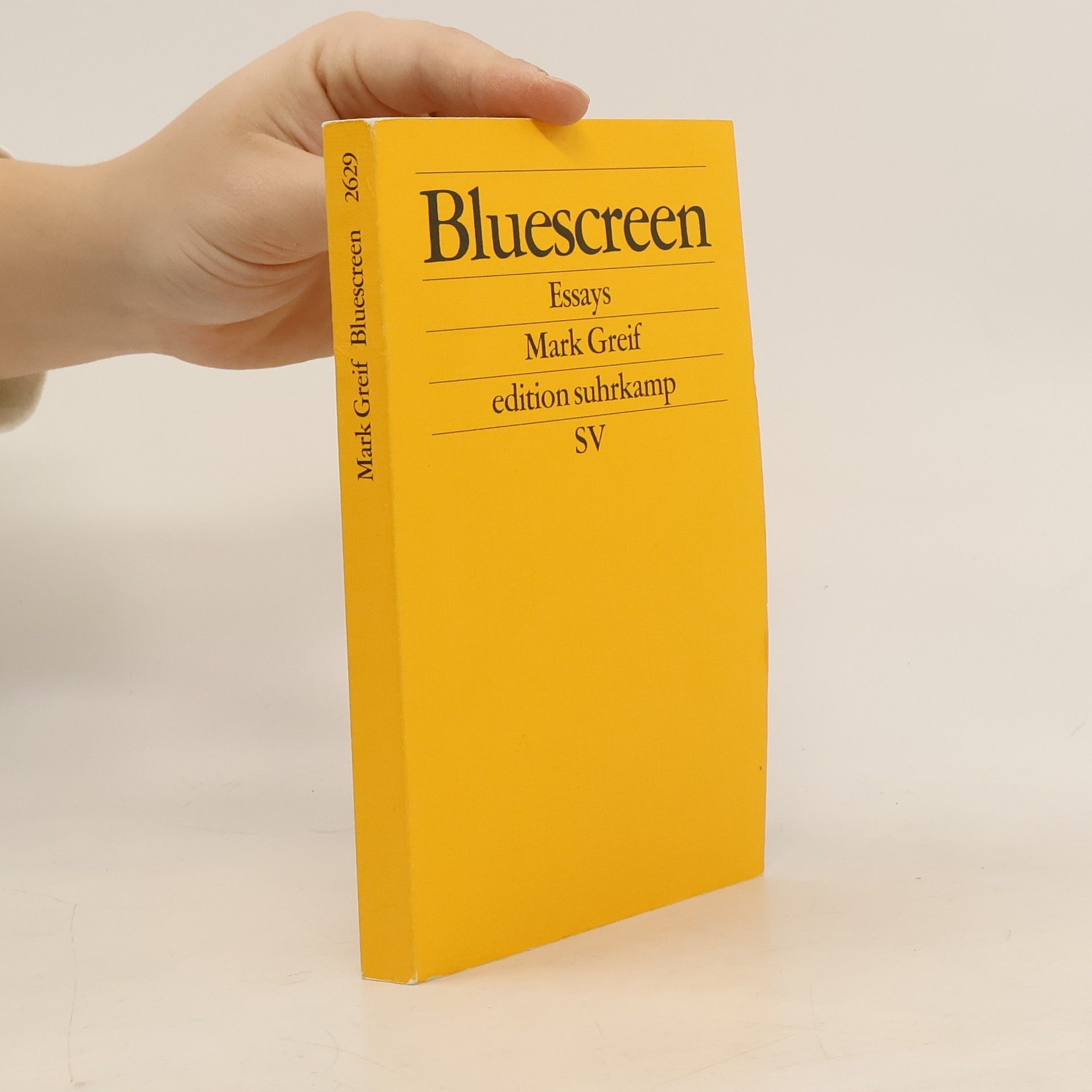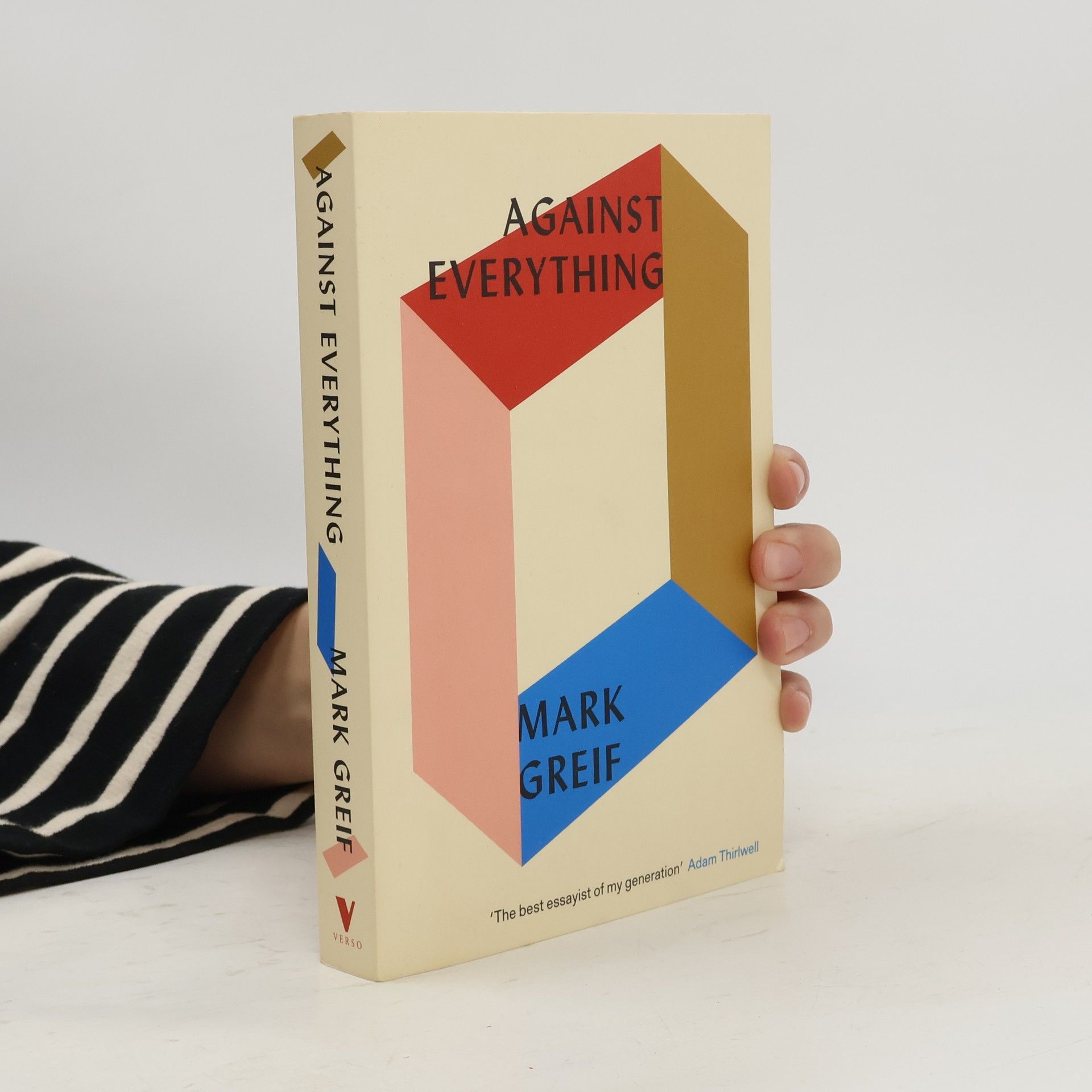What was the Hipster?
A Sociological Investigation
Who was the turn-of-the-century hipster? Who is free enough of the hipster taint to write its history without contempt or nostalgia? Why do we want to declare the neo-hipster moment over, when the hipster's "global brand" has just reached apotheosis? A panel of writers invited the public to join an investigation into the rise and fall of the contemporary hipster. Their debate took place at the New School University in New York City. In addition to the panel transcript, the book includes responses from critics Jennifer Baumgardner, Patrice Evans aka The Assimilated Negro, and Margo Jefferson, as well as essays on douchebags, Hasidism versus hipsters, the Hipster Feminine, and the sneaker shop Alife Rivington.




